GE Mark VIe
The GE Mark VIe is a distributed control system (DCS) designed by GE Gas Power for use in gas turbine applications. It's a flexible control system that can be used in a variety of applications, including combined heat and power (CHP), emergency power, fast power, flexible fuel offerings, grid firming, and hydrogen-fueled gas turbines.
Key Features:
-
High-speed, Networked I/O: Supports simplex, dual, and triple redundant systems, ensuring reliability and efficiency in data processing.
-
Ethernet-based I/O: Facilitates seamless communication with other plant equipment and systems, enhancing interoperability and integration capabilities.
-
Modular and Scalable Design: Allows for easy adaptation to various plant sizes and configurations, providing flexibility and cost-effectiveness in implementation.
-
Real-time Visualization: Offers real-time monitoring and visualization capabilities, enabling operators to make informed decisions promptly.
-
Diverse Application Support: Tailored to support various applications including CHP, emergency power, fast power, flexible fuel offerings, grid firming, and hydrogen-fueled gas turbines, ensuring versatility and adaptability to different operational needs.
The GE Mark VIe commonly employs product naming conventions that utilize alphanumeric codes to designate different components or modules within the system. Here are some examples:
-
IS200, IS210, and IS220: These codes likely refer to different series or versions of Input/Output (I/O) modules used within the Mark VIe system. Each series may offer variations in features, specifications, or compatibility.
-
DS200-: This prefix is often used for modules related to digital control or signal processing within the Mark VIe system. Examples could include digital signal processors, digital input/output modules, or other digital control components.
These naming conventions help to organize and differentiate various components and modules within the GE Mark VIe system, aiding in configuration, troubleshooting, and maintenance processes.
Popular Modules
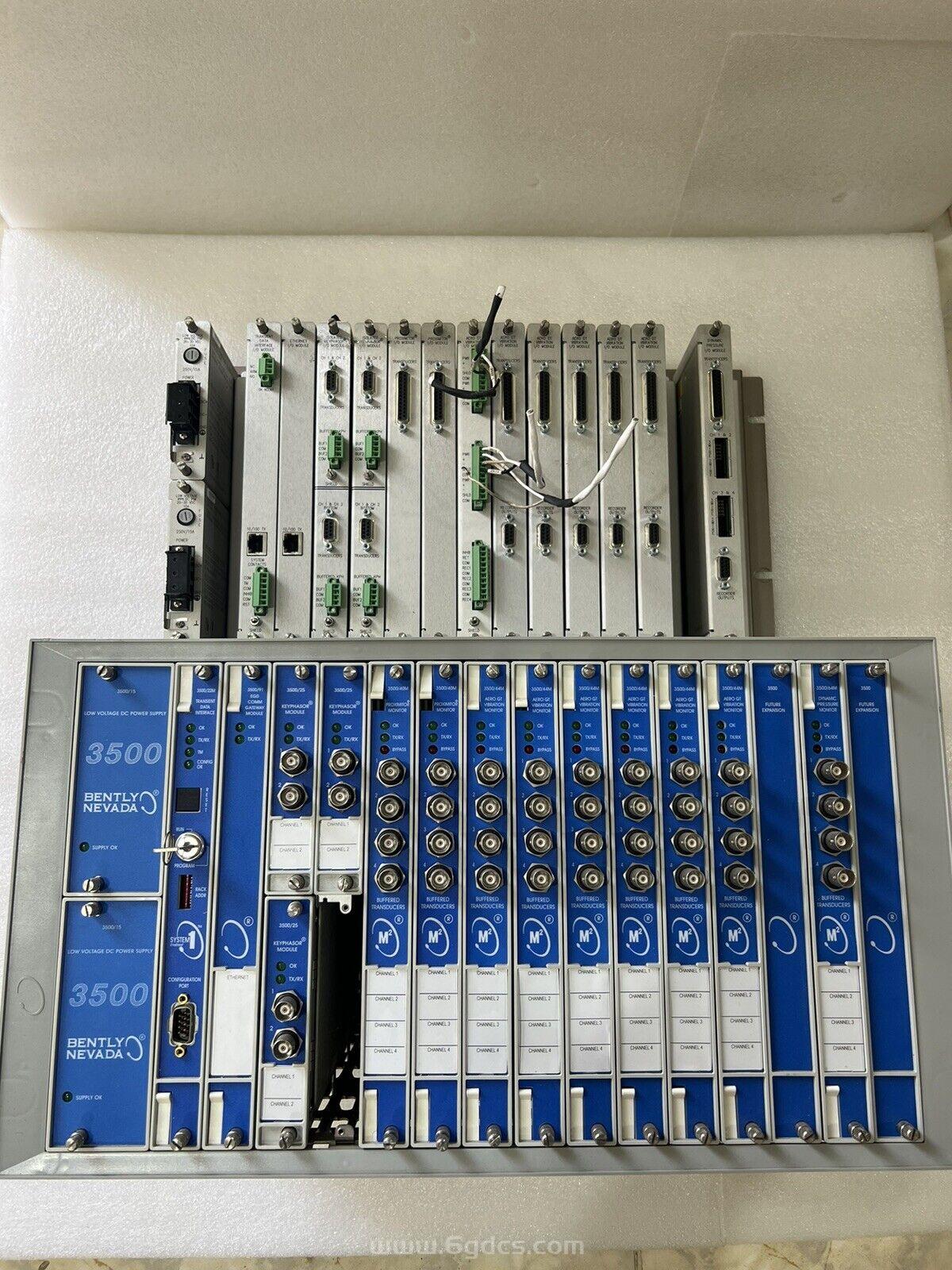
-





Vendor: Bently Nevada
Bently Nevada 3500/33 149992-02 Spare 16-Channel Failsafe Relay Output Module
4 reviewsSale price $150.00Regular price $210.00 -

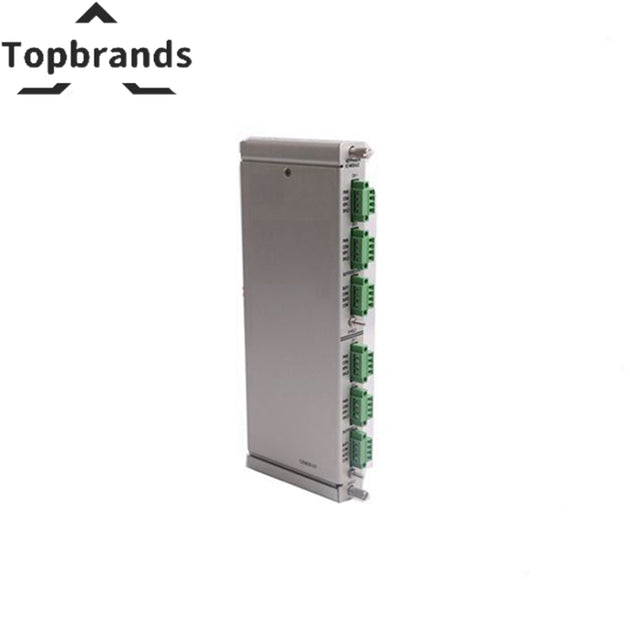


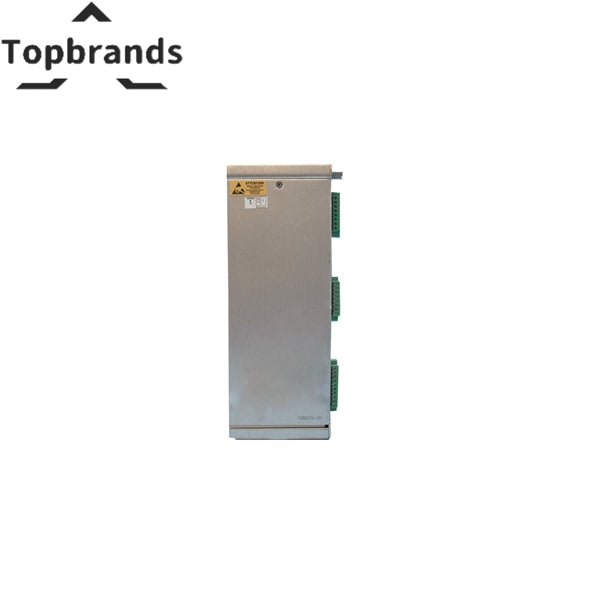
Vendor: Bently Nevada
Bently Nevada 3500/40M 125680-01 Proximitor I/O Module with Internal Terminations
3 reviewsSale price $260.00Regular price $320.00 -





Vendor: Bently Nevada
Bently Nevada 3500/42M 135489-03 I/O Module with Internal Barriers | Internal Terminations
7 reviewsSale price $240.00Regular price $290.00 -

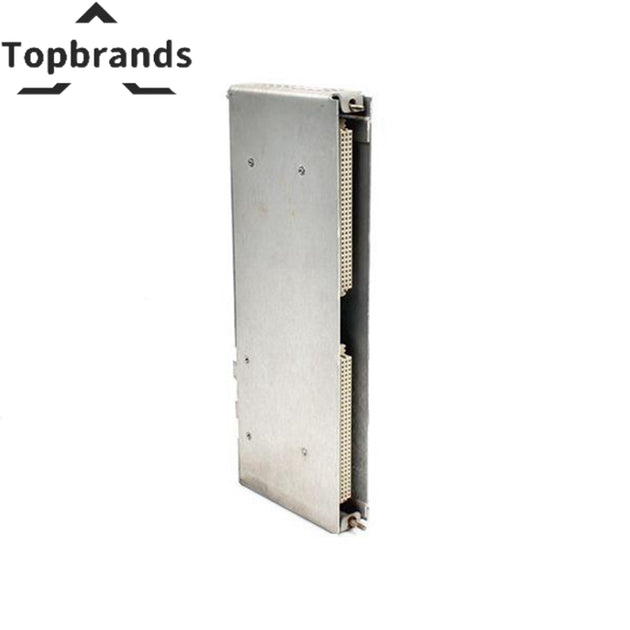



Vendor: Bently Nevada
Bently Nevada 3500/45 135137-01 Position I/O Module with Internal Terminations
4 reviewsSale price $150.00Regular price $210.00 -





Vendor: Bently Nevada
Bently Nevada 3500/50 133434-01 I/O Module with External Terminations
4 reviewsSale price $290.00Regular price $320.00 -

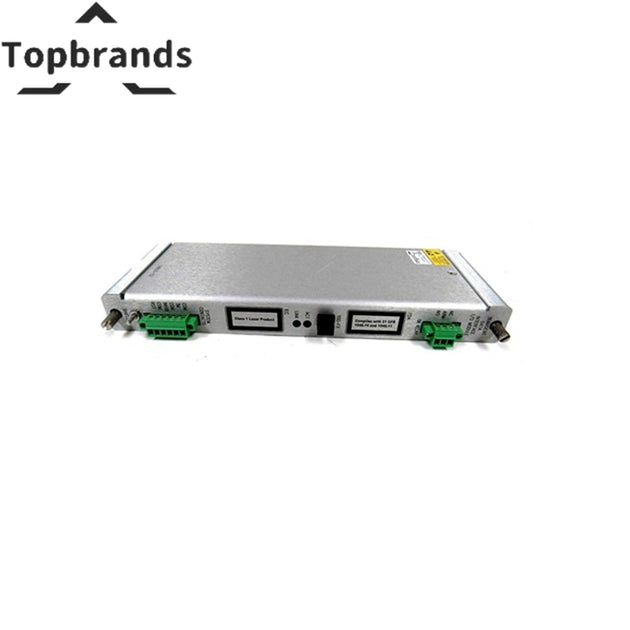


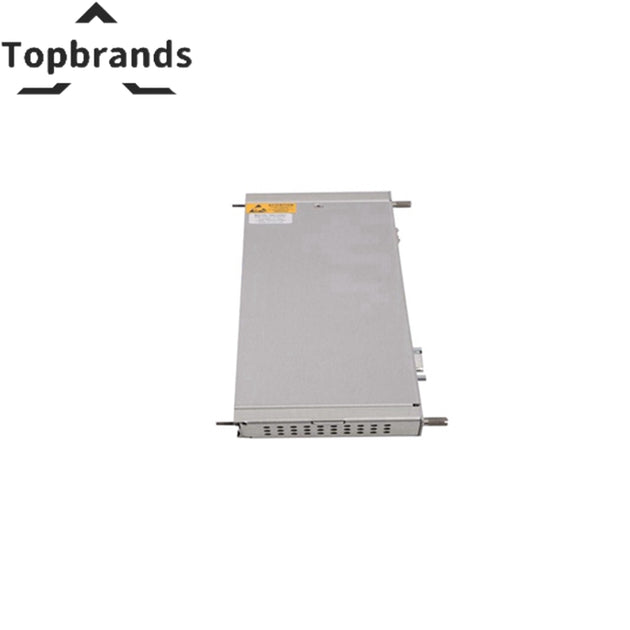
Vendor: Bently Nevada
Bently Nevada 3500/60 133827-01 RTD/TC Non-Isolated I/O Module External Terminations
3 reviewsSale price $320.00Regular price $350.00 -

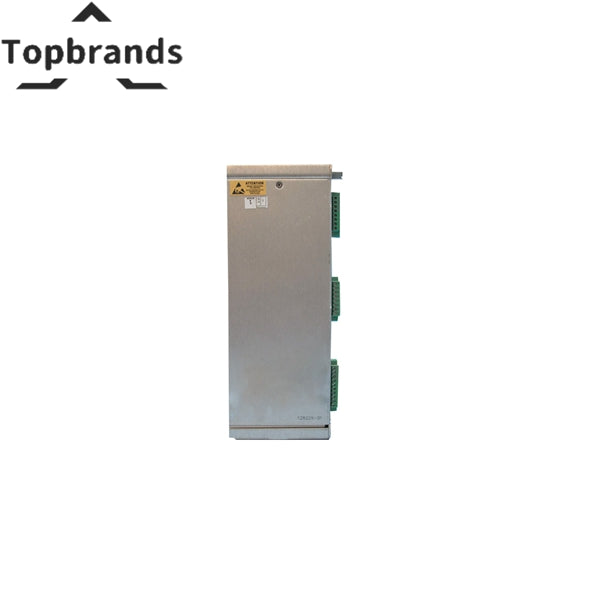


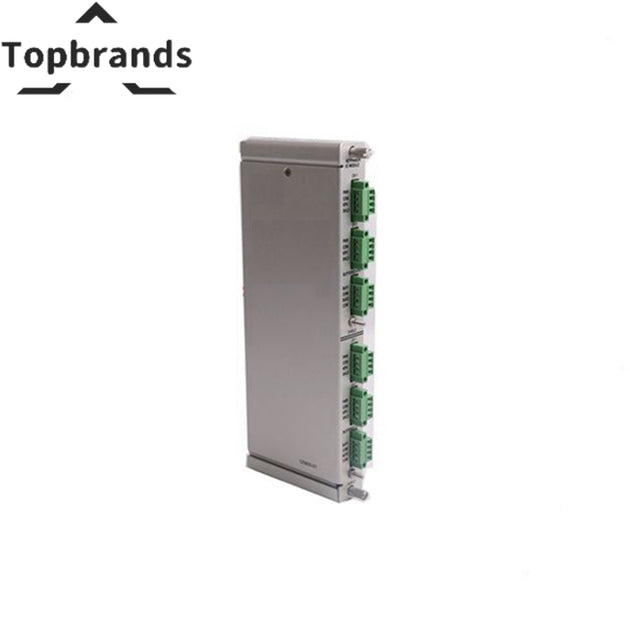
Vendor: Bently Nevada
Bently Nevada 3500/61 133819-02 RTD/TC Non-Isolated I/O Module Internal Terminations
Sale price $320.00Regular price $350.00 -





Vendor: Bently Nevada
Bently Nevada 3500/62 136294-01 Isolated I/O Module with Internal Terminations
Sale price $260.00Regular price $310.00
-
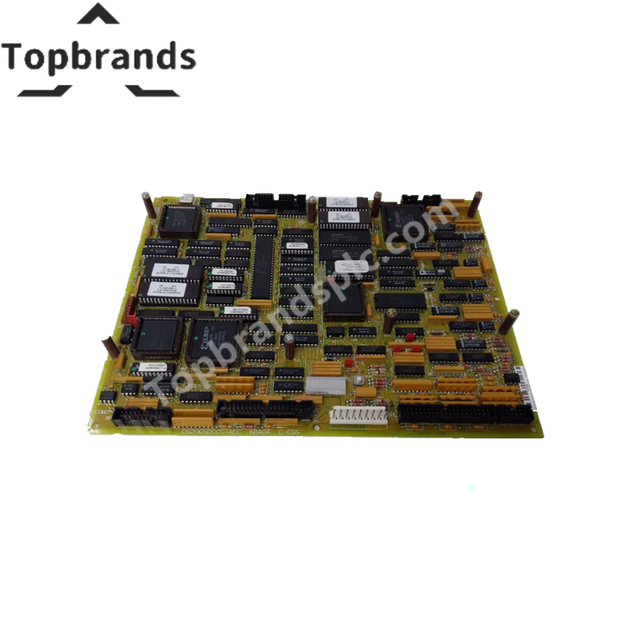
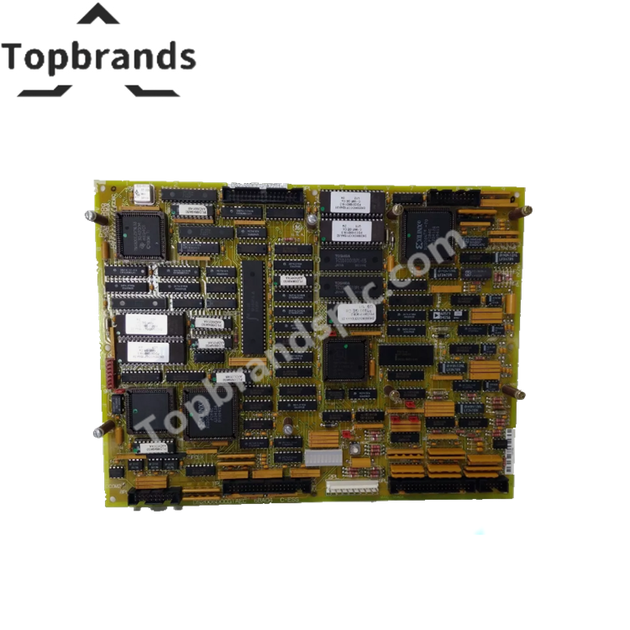
Vendor: GE
GE Mark V DS200SDCCG1AEC Drive Control Board
No reviewsSale price $3,300.00Regular price $3,500.00 -
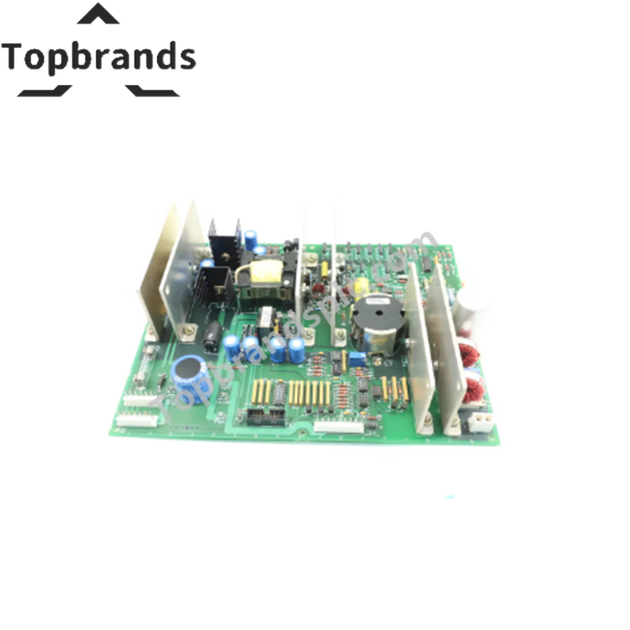
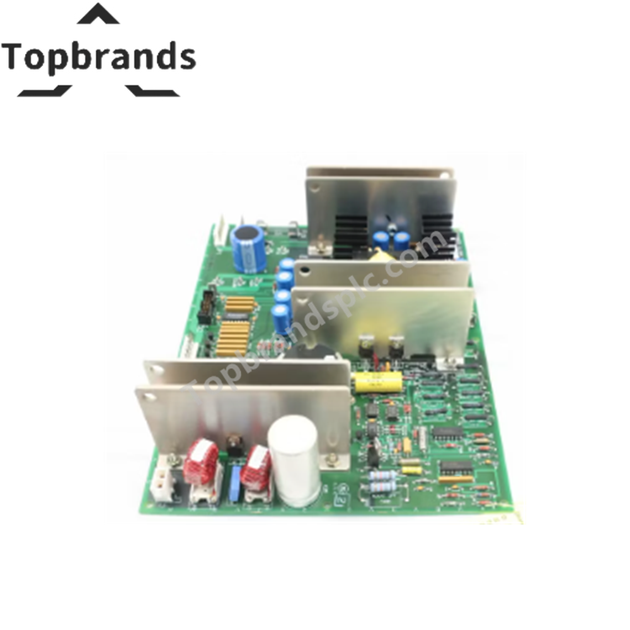
Vendor: GE
GE Mark V DS200TCPSG1AME Power Supply Card
No reviewsSale price $5,000.00Regular price $5,200.00 -
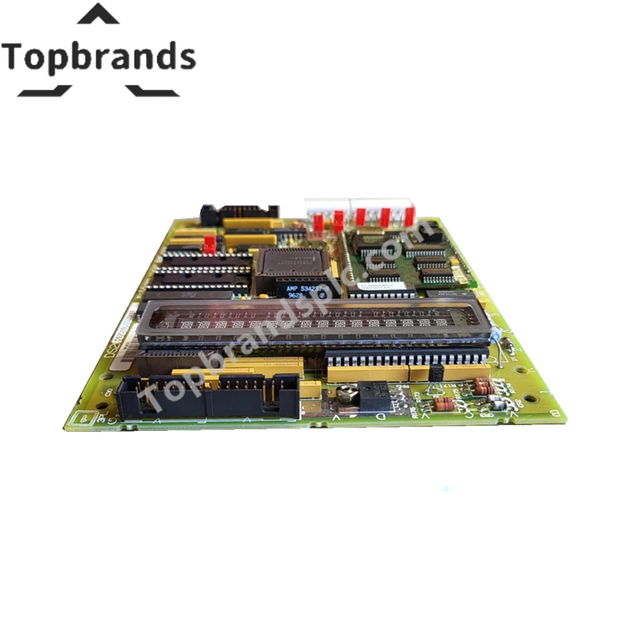

Vendor: GE
GE | Mark V | DS200SLCCG3AEF | LAN Communication Board
No reviewsSale price $2,300.00Regular price $2,500.00 -
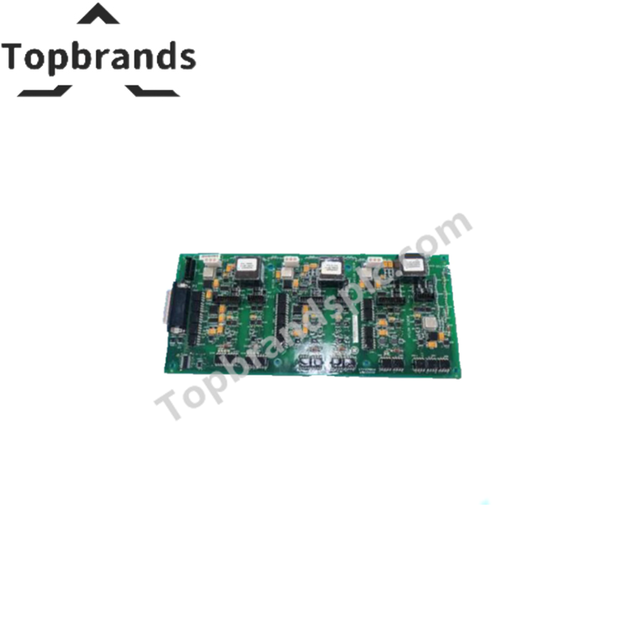
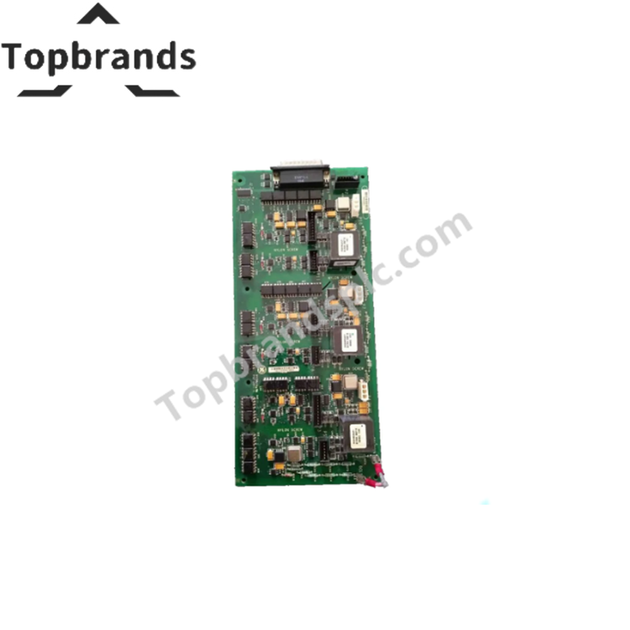
Vendor: GE
GE IS210AEBIH2B Alternative Energy Bridge Interface Module
No reviewsSale price $2,600.00Regular price $2,800.00 -
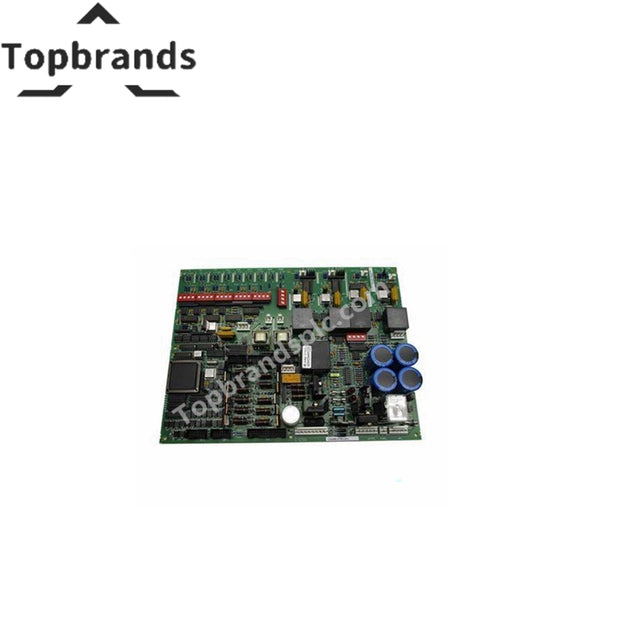
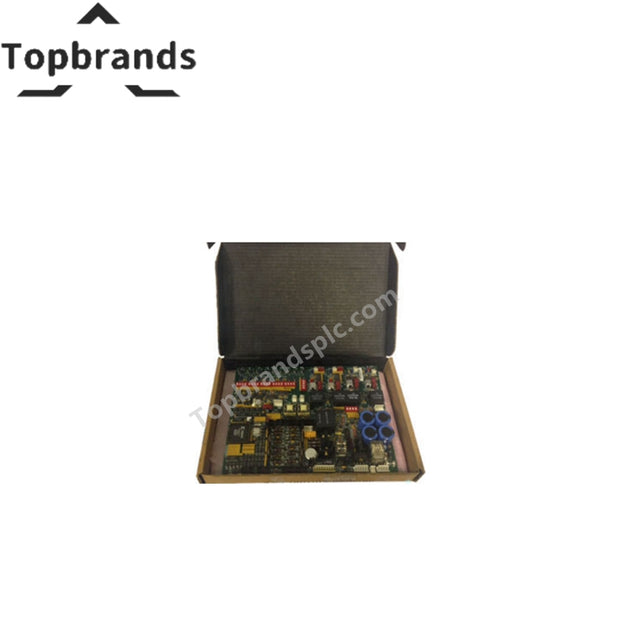
Vendor: GE
General Electric DS200DCFBG1B DC Power Supply Feedback Board
No reviewsSale price $6,800.00Regular price $7,000.00 -


Vendor: GE
GE IS200EDCFG1A Exciter DC Feedback Board
No reviewsSale price $4,200.00Regular price $4,500.00 -
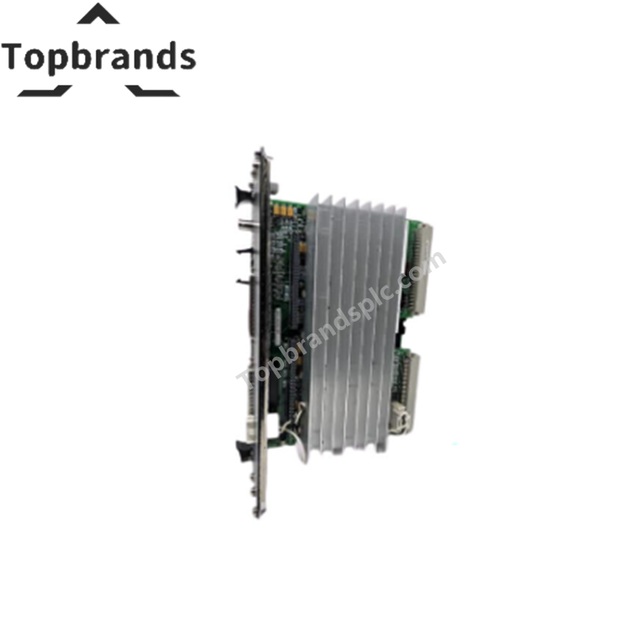
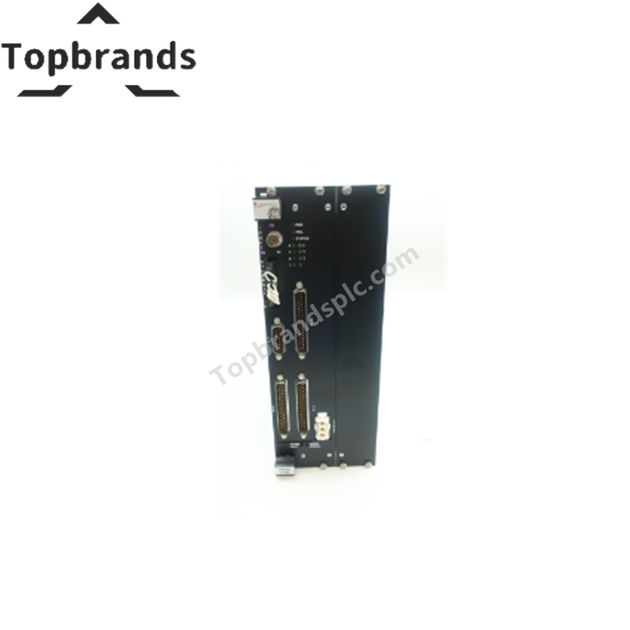
Vendor: GE
GE IS215VPROH2B Turbine Protection Board
No reviewsSale price $8,000.00Regular price $8,100.00 -
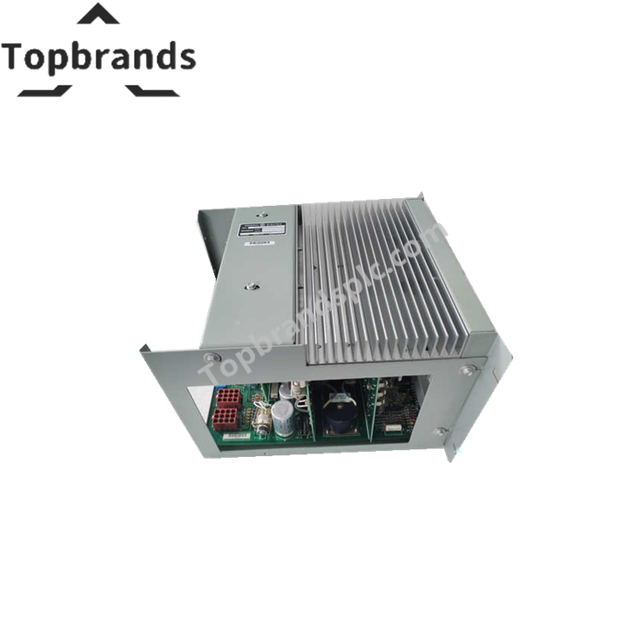
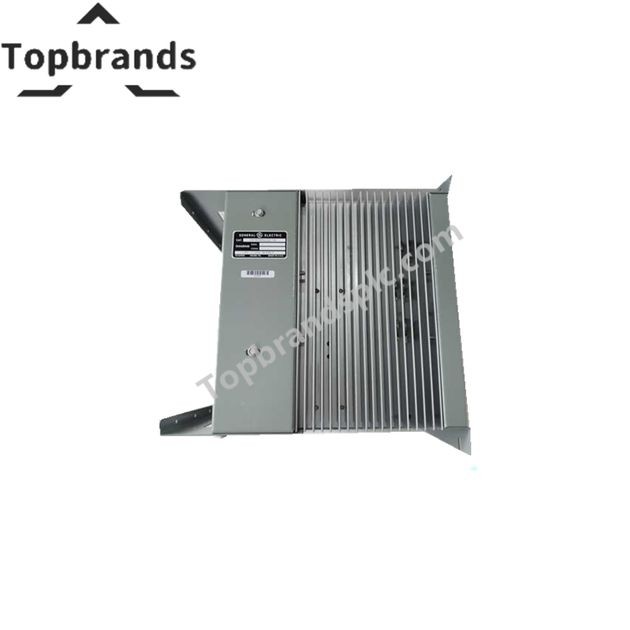
Vendor: GE
GE DS3820PSCB1C1B Power Supply Assembly Module
No reviewsSale price $4,000.00Regular price $4,200.00 -


Vendor: GE
GE IS420ESWBH3A Ethernet IONet Switch
No reviewsSale price $3,700.00Regular price $4,000.00 -


Vendor: GE
GE IS420UCSCS2A Dual Core Controller Module
No reviewsSale price $4,800.00Regular price $5,000.00 -

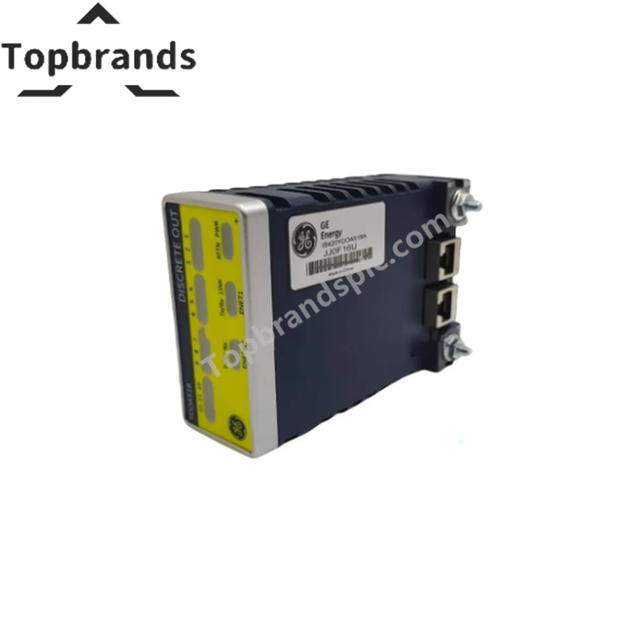
Vendor: GE
General Electric IS420YAICS1B Analog I/O Module
No reviewsSale price $6,000.00Regular price $6,200.00 -
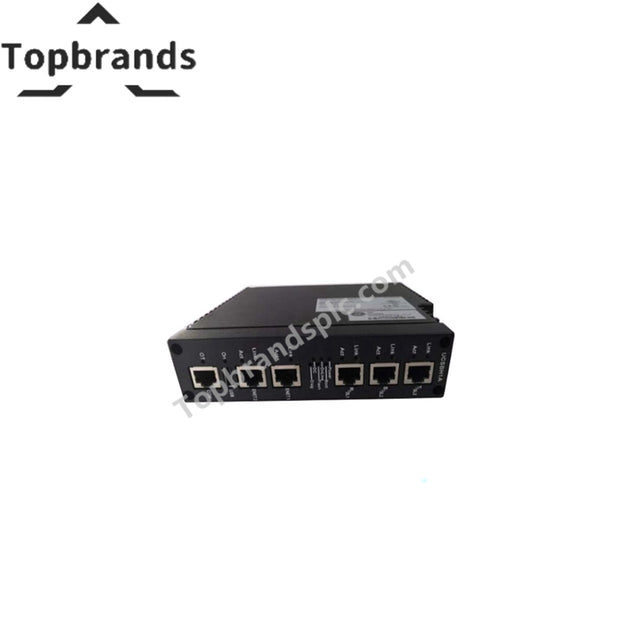

Vendor: GE
GE IS220PCLAH1A Core Analog I/O Module
No reviewsSale price $8,500.00Regular price $8,700.00
-
Express Shipping
Swift delivery to meet urgent needs.
-
Extensive Inventory
Vast stock ensures immediate availability.
-
Quality Assurance
Genuine, high-quality PLC & DCS parts.
-
Global Service
Catering to clients worldwide with reliable support.















































